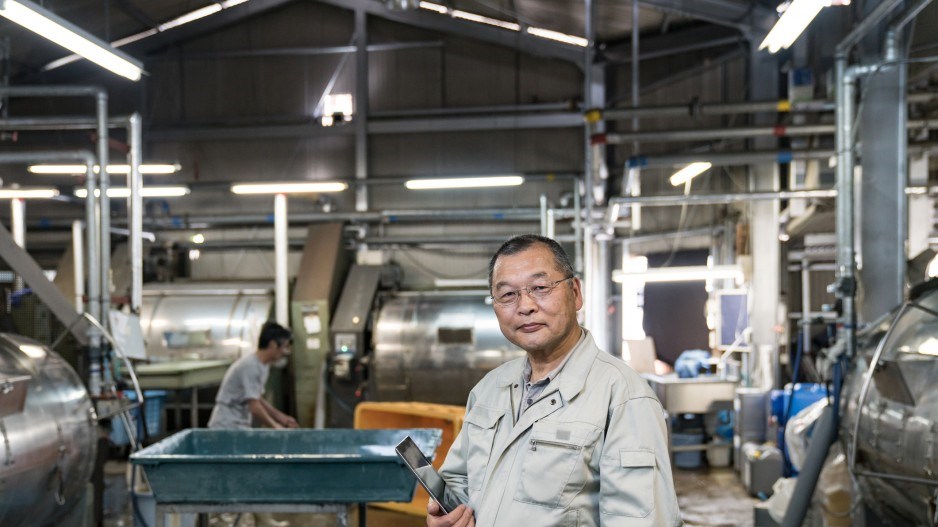The idea that Canada could stand to gain some business and investment from Japan as it encourages its companies to shift supply chains away from China due to COVID-19 is not a realistic scenario, said top Canadian trade observers familiar with trans-Pacific trade.
The notion was initially floated by a U.S. analyst after Tokyo decided to offer stimulus package funds to Japanese multinationals on the condition of “re-shoring” in Japan or going to a third market to invest. The idea is that Japan, with some pre-existing manufacturing relationships in Canada, may now look at Canadian projects as a way to gain a stronger foothold in North America (with the United States being closed off by the protectionist policies of the Donald Trump White House).
However, the fundamentals in the Canadian market - higher wage levels, relatively low population and production capacities, etc. - limit what Canada can realistically attract from Japanese projects moving away from China.
“We will get more looks from Japan in areas where we’re competitive with China… and yes, that was a joke,” said Carlo Dade, director of the Trade & Investment Centre at the Canada West Foundation, who added that Canada also isn’t helped by Tokyo’s experience of trying to buy Canadian LNG in the last decade to shore up its energy needs post-Fukushima-disaster in 2011 - with a number of Western Canadian projects falling apart since 2014.
He also noted that a market like Japan is highly sensitive to on-time delivery of project timelines, completion dates and the actual products. The difficulty of pipeline projects in getting First Nations consent - as well as the rail blockades earlier this year that strained agricultural goods from hitting Japanese store shelves - left an impression, Dade noted.
“Will we get more looks? Not really,” Dade said, even if Tokyo is serious about shifting supply chains away from China. “Remember how badly Japan has gotten burned in Canada on LNG, on on-time agriculture deliveries and then the blockades.”
Andreas Schotter, associate professor of international business at the University of Western Ontario’s Ivey Business School, added he isn’t sure Tokyo is serious about fully shifting its production from China - and COVID, while a catalyst in causing a reconsideration of the current system, didn’t initialize such an idea of “re-shoring.”
“I would not regard it as a shift away, but a rebalancing,” Schotter said. “China will remain a strong base. The next phase of globalization is well on its way in form of more regionalization and mainly global-city connectivity… We have seen for years now some shifting of supply chain activities, and not all are associated with a COVID-19 response.”
Schotter added that, given the current economic realities, most of the re-shoring would’t logically end up elsewhere besides Japan itself.
“When Japanese firms started to internationalize [in the 1960s], their home market was very protected, and they faced little-to-no competition at home as a result,” he noted. “It is difficult for foreign firms to compete in Japan given the strength of the local incumbents until this very day. With the current crisis, however, many second- and third-tier companies in Japan - who are losing exports to new, emerging Chinese competitors - will happily pick up some of the re-shoring activities.”
Dade agreed.
“Japan has always had a ‘China + 1’ policy, leaning on businesses to have a backup or auxiliary to China for sourcing goods,” he said. “So I don’t see the new policy as much other than an adjustment - and I don’t think it’s a ‘pull out completely.’ Unless I’m wrong, it’s more of a ‘do more to diversify’ measure.”




